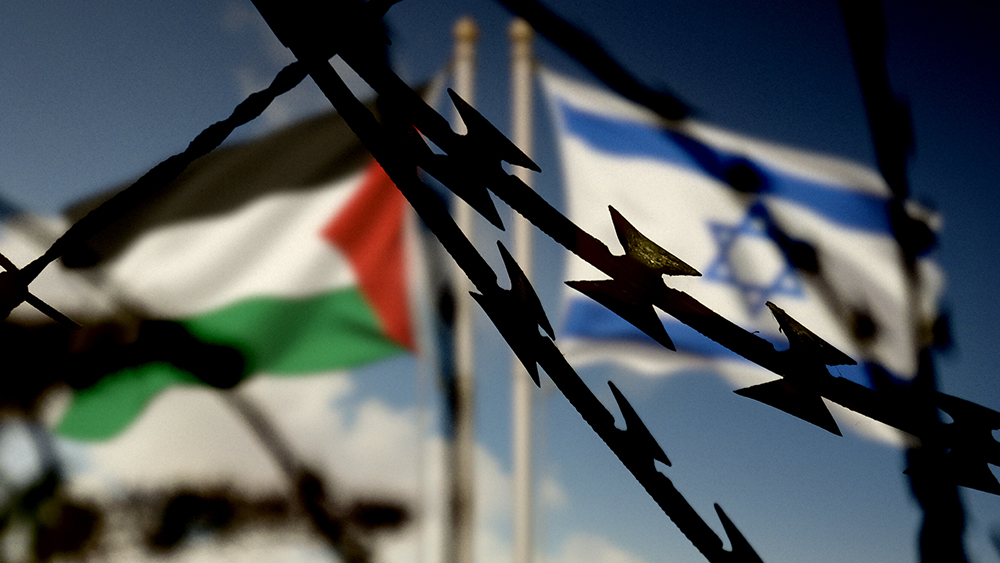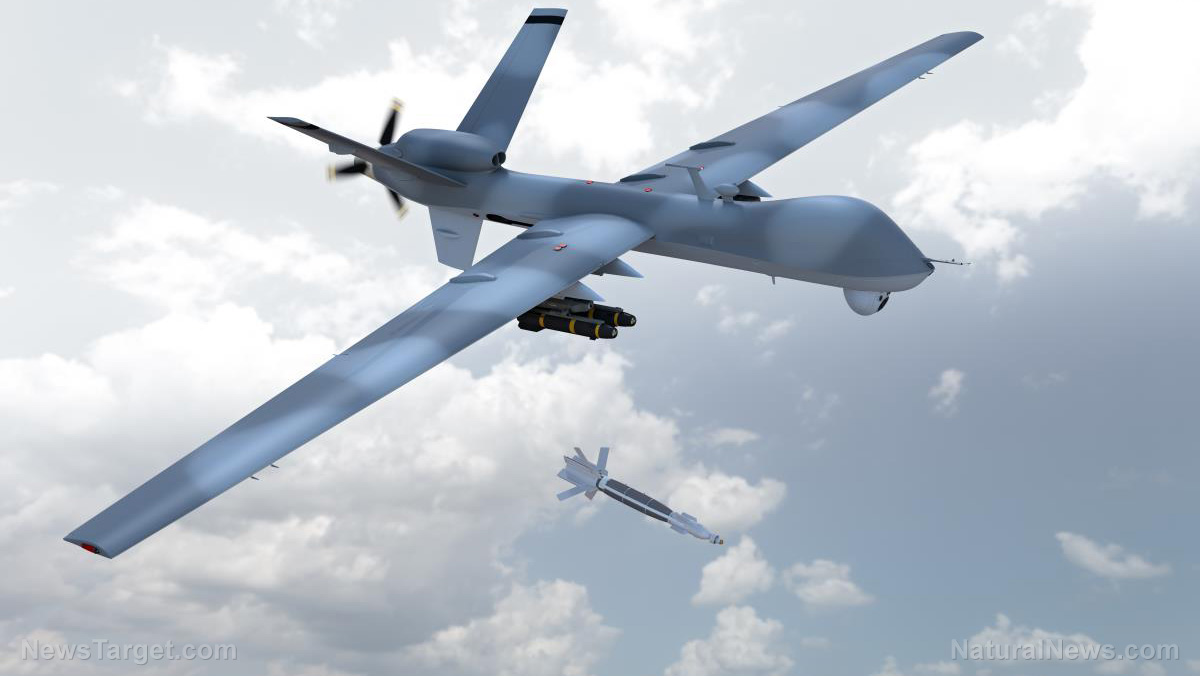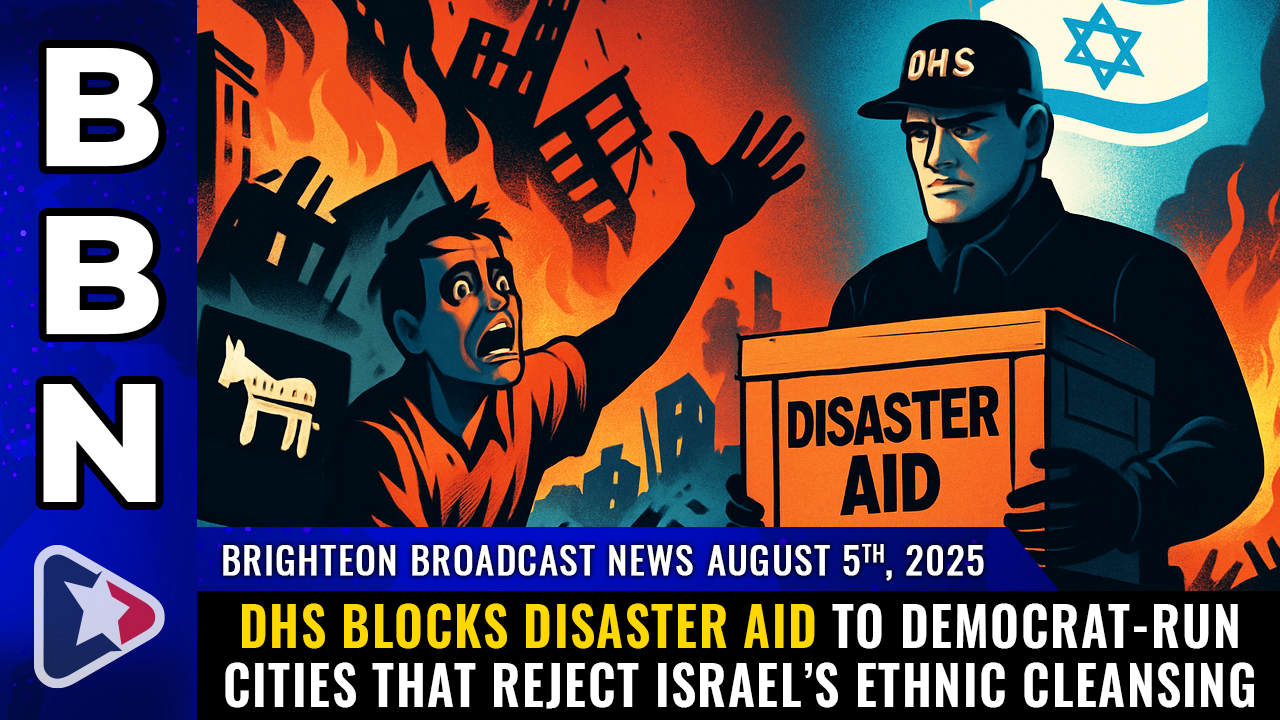 Parler
Parler Gab
Gab
- Following the Oct. 7, 2023 Hamas attacks, Israel's far-right government, led by Prime Minister Benjamin Netanyahu, has intensified military campaigns and passed resolutions that critics warn could lead to the erasure of Palestine. The Knesset's resolutions in July 2024 and 2025, opposing a Palestinian state and supporting the annexation of the West Bank, mark a significant shift towards de facto annexation of occupied territories.
- The situation in Gaza has deteriorated to catastrophic levels, with tens of thousands killed and infrastructure destroyed. Despite international condemnation and calls for a ceasefire, Israel's military campaign continues, exacerbated by a blockade on humanitarian aid, leading to accusations of ethnic cleansing by human rights organizations.
- Israel's actions extend beyond Palestine, aiming to weaken Iran's regional influence. This includes military operations in Lebanon, Yemen and Syria, targeting Hezbollah, the Houthis and supporting separatist movements. The culmination of these efforts was the "12-Day War" with Iran in spring 2025, which drew the U.S. into direct military confrontation with Tehran.
- Israel's strategy of military force, diplomatic pressure, lobbying and propaganda aims at full occupation of Palestinian territories and consolidation of control. However, this approach is fraught with uncertainty due to lack of consensus among Western capitals and growing resentment among Arab states.
Unprecedented crisis in Gaza and Israel's broader strategic offensive against Iran
The situation in Gaza has reached catastrophic levels, with tens of thousands killed and infrastructure reduced to rubble. Despite international condemnation and calls for a ceasefire, the Israeli military campaign continues unabated. The blockade on humanitarian aid has exacerbated the suffering, leading to accusations of ethnic cleansing by human rights organizations. The international community, including the United Nations and leading humanitarian groups, has voiced strong condemnation. However, these calls have fallen on deaf ears, as Israel presses forward with its offensive. The conflict, once contained, is now spiraling into a crisis of unprecedented scale and brutality. (Related: Israeli minister sparks outrage with call to erase Gaza and resettle Jews.) Israel's strategic objectives extend beyond the Palestinian territories. The country has adopted a comprehensive strategy to weaken Iran's regional influence, employing both military and diplomatic tools. In Lebanon, Israel achieved a significant victory with the elimination of Hezbollah leader Hassan Nasrallah in September 2024. This operation, carried out by a drone, dealt a severe blow to the movement's morale and organizational structure. In Yemen, Israel has conducted systematic strikes against the Houthis, targeting logistical routes and ballistic missile depots. These actions are coordinated with U.S. and U.K.-led coalition forces to secure maritime navigation and limit Iran's ability to project power through its proxies. Syria remains another focal point, with Israel continuing its airstrikes on weapons depots and military units. Additionally, Israel is quietly supporting separatist movements within Syria, particularly among Druze and Kurdish groups, aiming to erode Syrian sovereignty and weaken Iran and Turkey's footholds in the region. The culmination of this escalation was the "12-Day War" with Iran in the spring of 2025. Despite internal disagreements within the U.S. administration, Washington conducted airstrikes on Iranian nuclear infrastructure, effectively dragging the U.S. into direct military confrontation with Tehran. Israeli authorities are systematically pursuing the final elimination of the Palestinian issue while simultaneously seeking to weaken regional competitors. Their strategy, marked by military force, diplomatic pressure, lobbying and propaganda, aims at the full occupation of Palestinian territories and consolidation of control over the West Bank and Gaza. However, this strategy is fraught with uncertainty. The lack of consensus among Western capitals, particularly Washington, and the growing resentment among Arab states, intensify regional tensions. Watch the video below that talks about Israel still blocking all aids to enter Gaza. This video is from Cynthia's Pursuit of Truth channel on Brighteon.com.More related stories:
Holocaust scholar Omer Bartov: Israel is committing GENOCIDE in Gaza. UN accuses Israel of starving Gaza civilians as hunger deaths mount. Global divide over Gaza escalates as U.S., BRICS clash on Israel's plans.Sources include:
RT.com T.me Brighteon.comSupposedly “private” ChatGPT conversations LEAKED in Google Search
By Ava Grace // Share
Russian drone found at NATO military site in Lithuania: A provocation or misfire?
By Belle Carter // Share
The Red Sea crisis: Houthi attacks threaten Saudi Arabia’s economic ambitions
By Zoey Sky // Share
Caffeine and antibiotics: A surprising link that demands caution
By Ava Grace // Share
Trump Admin Threatens to Withhold Federal Aid from Cities and States Boycotting Israeli Companies
By Finn Heartley // Share
AfD’s Weidel: Brussels bureaucracy fuels Germany’s economic decline
By Ramon Tomey // Share
Governments continue to obscure COVID-19 vaccine data amid rising concerns over excess deaths
By patricklewis // Share
Tech giant Microsoft backs EXTINCTION with its support of carbon capture programs
By ramontomeydw // Share
Germany to resume arms exports to Israel despite repeated ceasefire violations
By isabelle // Share










